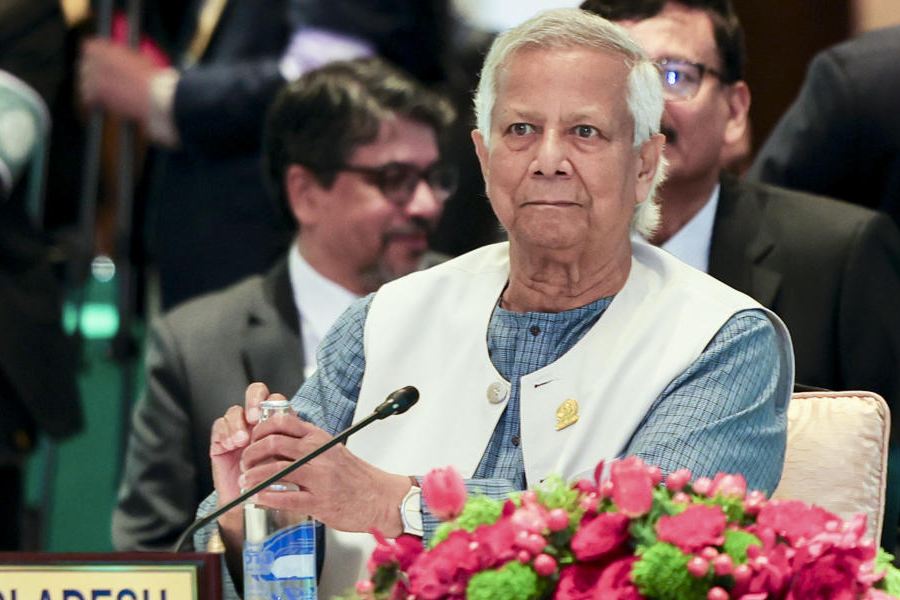The passing of the Telangana bill in the Lok Sabha on Tuesday bristles with doubts and controversies. Neither any precedent nor Article 3 of the Constitution that empowers Parliament to create a new state is of much help in clearing up the doubts or in answering the relevant questions. What is of concern here is the spirit of the Constitution and the morality of the law that was passed through a simple majority in the Lok Sabha. One question that refuses to go away relates to what in the famous judgment on the Kesavananda Bharti case in 1973 was propounded as the doctrine of “basic features’’. One element embedded in that doctrine, albeit in an unclarified way, is the principle of majoritarianism and how far this principle is out of tune with the basic features of democracy and the Constitution. Prima facie it would appear that the Telangana bill is valid in law because it was passed by a majority in the Lok Sabha. This evades the more fundamental question of whether the matter demanded a constitutional amendment or not. The government of the day, because it was in such a rush to push through the bill, simply overlooked the need for this requirement.
There prevail enough reasons to argue that indeed the matter required an amendment of the Constitution rather than a simple majority in Parliament. For one thing, Article 3 of the Constitution lays down that a bill for the creation of a new state by dividing an existing state should be referred to the concerned state legislature “for expressing its views’’. In the case of the Telangana bill, the legislative assembly of Andhra Pradesh recommended that the bill be rejected. This expression of serious objection was overlooked by the Central government on the ground that Article 3 does not clearly specify that the views of the state legislature have to be accepted. In this particular case, the Union government exercised its centralizing powers by refusing not only to accept the views of the state legislature but also by refusing to respect it. In so doing it may have violated the federal fabric of the Constitution. The other point to bear in mind is that Andhra Pradesh enjoys special status under Article 371D; and this weighs in favour of a constitutional amendment.
There was considerable opposition to the proposal to create a separate state of Telangana. This opposition was articulated on the streets and within legislatures. The Union government completely disregarded this and also made no effort to create an atmosphere of discussion and consensus on the proposed bill. It also gave no reasons for its mad rush. It chose rather to work on the principle of majority within the Lok Sabha. It may not have torn the fabric of the Constitution but it certainly violated its spirit.











